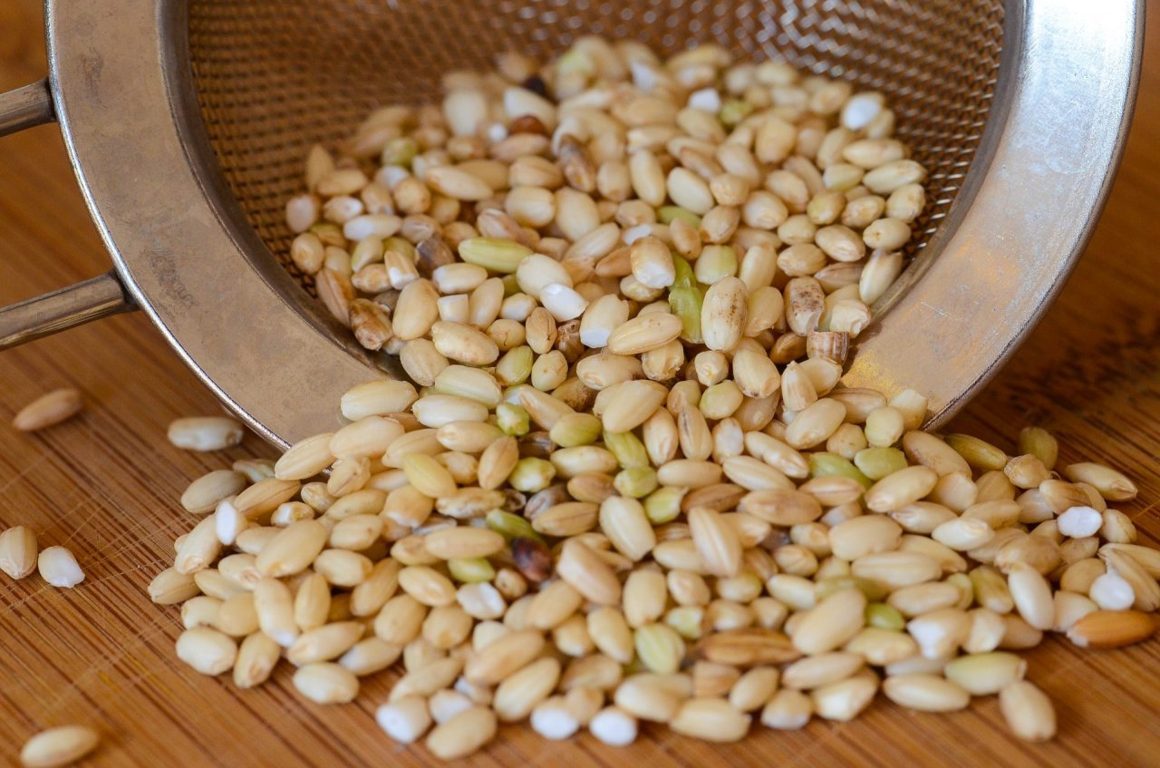
Thiamin was formerly called Vitamin B1. It is a water-soluble vitamin and is one of the most predominant B group vitamins.
Know your Nutrient:
● Thiamin plays an essential role in carbohydrate metabolism and neural functions.
● It is needed for the activation of the vitamin to thiamin triphosphate (TTP), which serves as a coenzyme in energy metabolism.
● It also has a role in nerve transmission.
● Thiamin is needed for releasing energy from the food.
● It helps promote growth and development.
Any excess of this vitamin gets excreted from our body through urine. Thiamin requirement increases in alcoholics, smokers, pregnant and nursing women.
Thiamin deficiency can lead to the neurological condition known as Wernicke-Korsakoff’s syndrome or Beriberi, a condition that involves peripheral nerve damage; with symptoms like mental confusion, muscular wasting, edema, peripheral neuropathy, and tachycardia. Thiamin deficiency is also characterized by anorexia and weight loss as well as cardiac and neurologic signs.
Thiamin Friendly Foods:
Whole grain cereals are normally the major contributors of thiamin in the diet.
Whole Grains and legumes: Unrefined grains, pulses, Soyabean.
Nuts And Seeds: Peanuts
Meat and Poultry: lean pork and liver.
Miscellaneous: Yeast
So don’t miss out on this crucial vitamin, which plays an essential role in energy metabolism!
Read our blogs on :
Finger millet – The natural calcium supplement!



